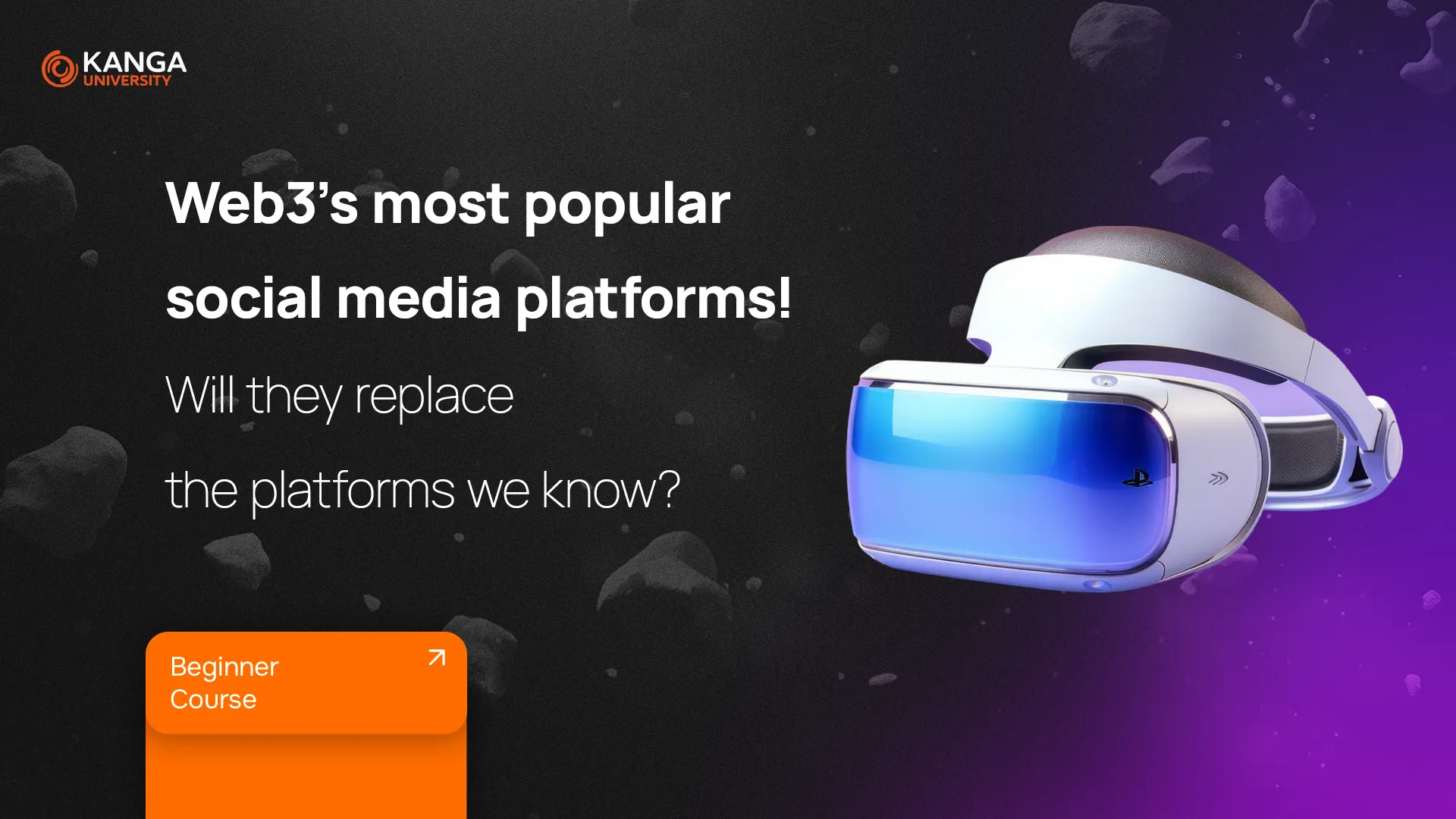
If you use Instagram, TikTok, or YouTube, you know that these platforms are controlled by big corporations. They decide what content you see, and even though your data technically belongs to you, they profit from it. Web3 introduces a new approach to the internet: instead of relying on centralized servers and intermediaries, users gain more control over their data and can earn money from their content without tech giants taking a cut.
Sounds futuristic? Web3 is already here and growing rapidly. Let’s explore the most popular decentralized social media platforms that are reshaping how we create, share, and consume online content.
Top Web3 Social Media Platforms
Odysee – A Decentralized YouTube
Odysee is an alternative to YouTube that runs on the LBRY blockchain. Creators can publish videos, and users earn tokens for watching and engaging. The platform also avoids censorship and ads.
Steemit – A Blogging Platform with Rewards
Steemit is a space for those who love writing and sharing knowledge. Users earn STEEM tokens by publishing posts and comments, with the community deciding which content is valuable.
Minds – Twitter with Rewards
Minds works similarly to Twitter but focuses on privacy and free speech. Users earn tokens for their activity, and instead of algorithms promoting specific content, the community determines what trends.
Diamond App – Monetize Your Content
Built on the DeSo blockchain, Diamond App allows creators to earn money through “creator coins” – digital tokens that reflect their reputation and popularity.
Audius – Web3 for Musicians
Spotify takes a huge cut of artists’ earnings, but Audius offers a decentralized streaming service where musicians can sell their tracks directly and control their careers through the $AUDIO token.
Chingari – The Web3 Version of TikTok
Chingari is an Indian alternative to TikTok, rewarding users with GARI tokens for posting and engaging with content. The platform is gaining traction, especially in Asia.
Mastodon – Free Speech Without Censorship
Mastodon is an alternative to Twitter, but instead of a single company controlling everything, it consists of independent servers forming a network. Anyone can join an existing community or create their own.
DSCVR – Web3’s Reddit Alternative
Running on the Internet Computer blockchain, DSCVR allows users to post content and earn tokens for their activity. It’s a great option for those looking for a decentralized Reddit-style platform.
Lens Protocol – Take Control of Your Data
Lens Protocol is more than just an app—it’s an infrastructure that enables the creation of decentralized social media platforms where users have full control over their content and data.
Pixelfed – Instagram Without Algorithms
Pixelfed is a decentralized photo-sharing platform, perfect for photographers and influencers who don’t want to rely on Instagram’s algorithm to reach their audience.
Summary
Web3 social media platforms are addressing issues related to privacy, censorship, and monetization in the digital space. Thanks to blockchain technology, users can regain control over their data, content, and earnings—something currently monopolized by big tech companies. While these platforms are still developing, their growing popularity suggests that the future of social media may look very different from today.